Amid chaotic scenes at border crossings and train stations across Europe, and mounting public discontent, European leaders continue to argue over who ought to take responsibility for the 364,183 migrants who have landed on the continent’s southern shores in 2015. With the world facing the worst refugee crisis since the end of World War II, with some 60 million people displaced by conflict, persecution and grinding poverty, the U.N.’s High Commissioner for Refugees, Antonio Guterres, has criticized Europe’s fragmented approach. “Europe is facing a moment of truth,” he said Friday. “This is the time to reaffirm the values upon which it was built.”
Pressure on leaders to respond intensified after the publication of photographs of Aylan Kurdi, a three-year-old Syrian boy, who was washed up on a Turkish beach after the small boat he and his family were in capsized on its way to Greece. British prime minister David Cameron said that as a father, he felt “deeply moved” by the image. He had earlier rejected the idea of Britain taking more refugees, but speaking in Lisbon on Friday, Cameron said the U.K. would now provide resettlement to “thousands” of Syrians from U.N. refugee camps in the Middle East.
A spokeswoman for the U.N. refugee agency told AP that Britain will take a further 4,000 Syrian refugees from camps in the Middle East. “We obviously welcome very much the move to increase resettlement spaces for Syrians in the UK. Those spaces are going to be critical to the lives and future of 4,000 people,” said Melissa Fleming.
The decision also came after a petition on the U.K. Parliament’s website calling on Britain to accept more refugees received three times as many signatures as it needed to be considered by lawmakers, far exceeding the 100,000 signature threshold. Cameron said specific details of the resettlement plan would be announced next week.
Ireland’s prime minister Enda Kenny said it may accept over 2,000 additional refugees – though it would not be obligated to do so under an E.U.-wide deal. Like the U.K., Ireland has the ability to opt-out and both countries have proportionally taken far fewer refugees than many countries, including Sweden, Germany, Austria and France.
European Council President Donald Tusk has called for the E.U. to redistribute at least 100,000 refugees, a sharp increase on the previous target of 40,000, but a target still unlikely to address the full scale of the problem.
German Chancellor Angela Merkel, who said Monday that Germany expected to take at least 800,000 asylum-seekers this year, has urged other countries to establish quotas and rules to do their part . “Germany is doing what is morally and legally required of us, no more and no less,” she said Thursday. “That’s why this problem concerns all of us in Europe.”
Migrants Rush Macedonian Border as Chaos Separates Families
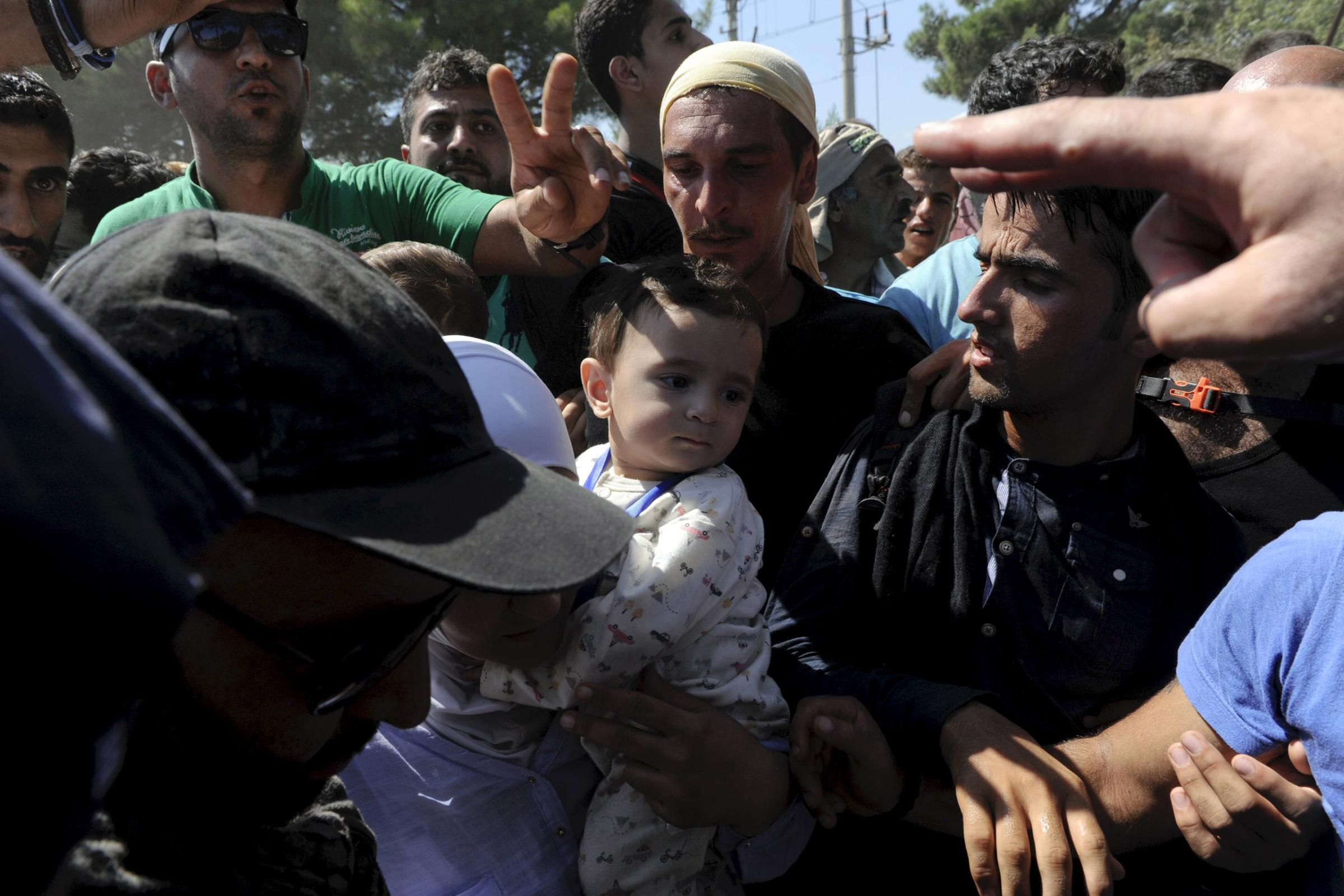
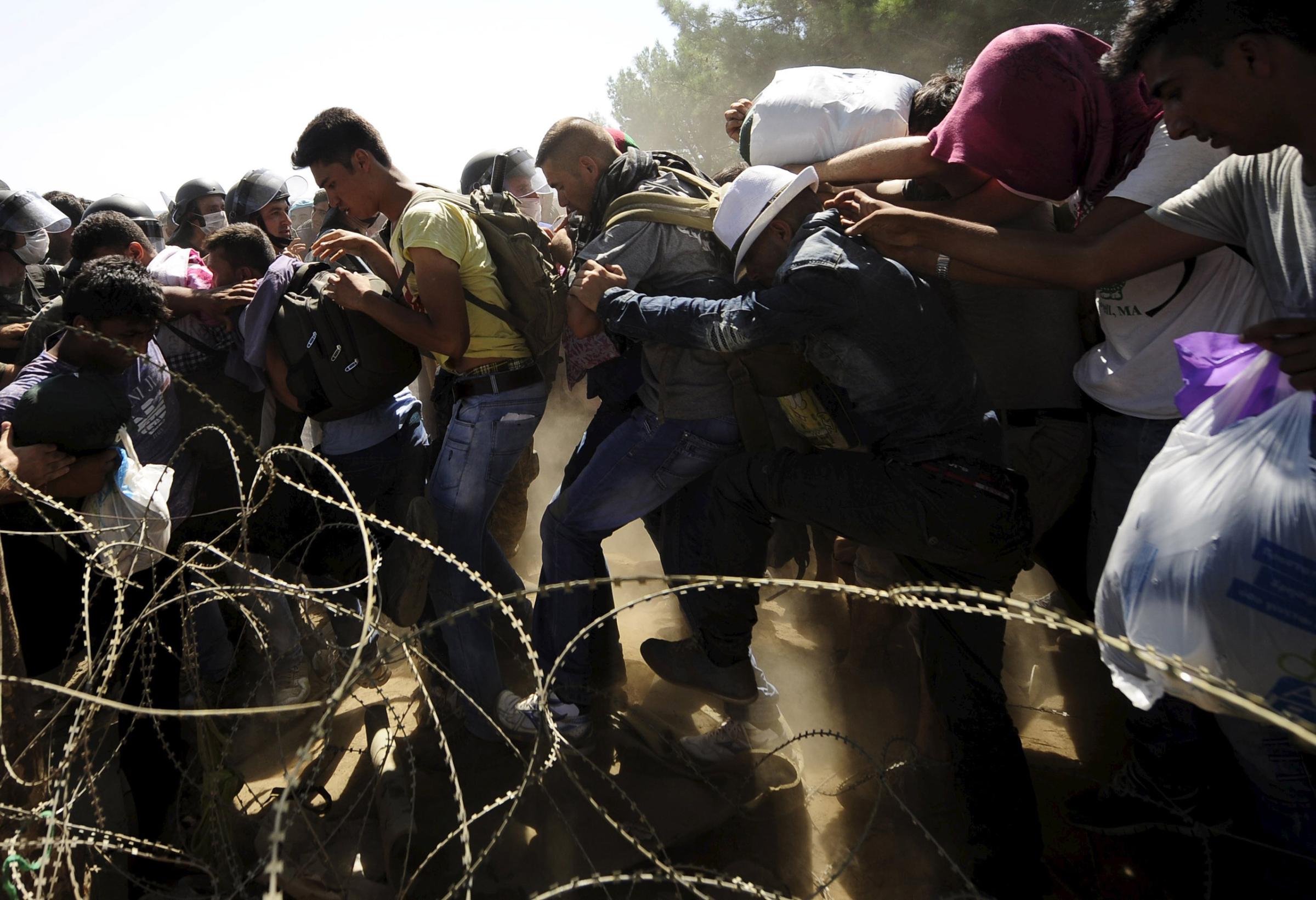
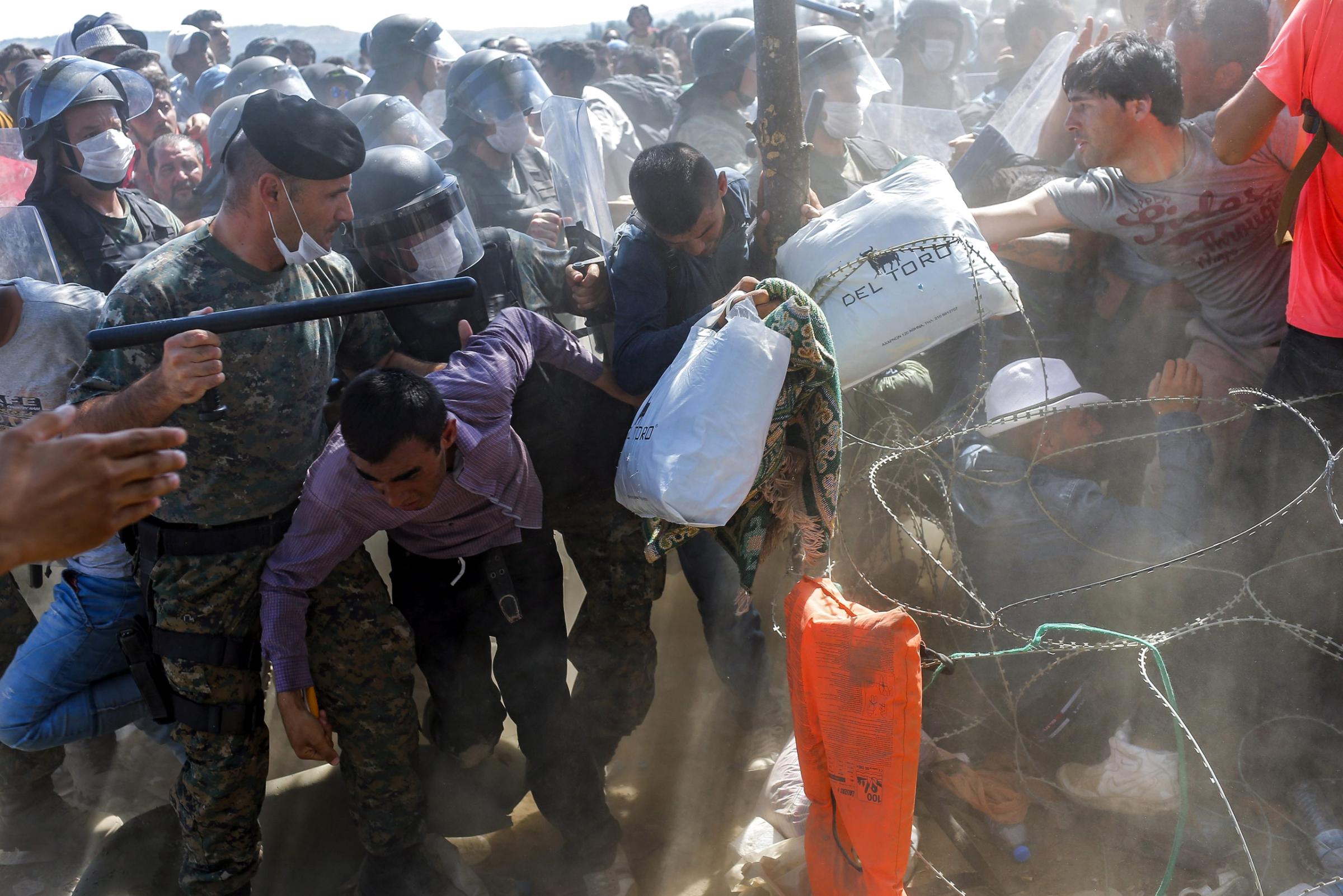
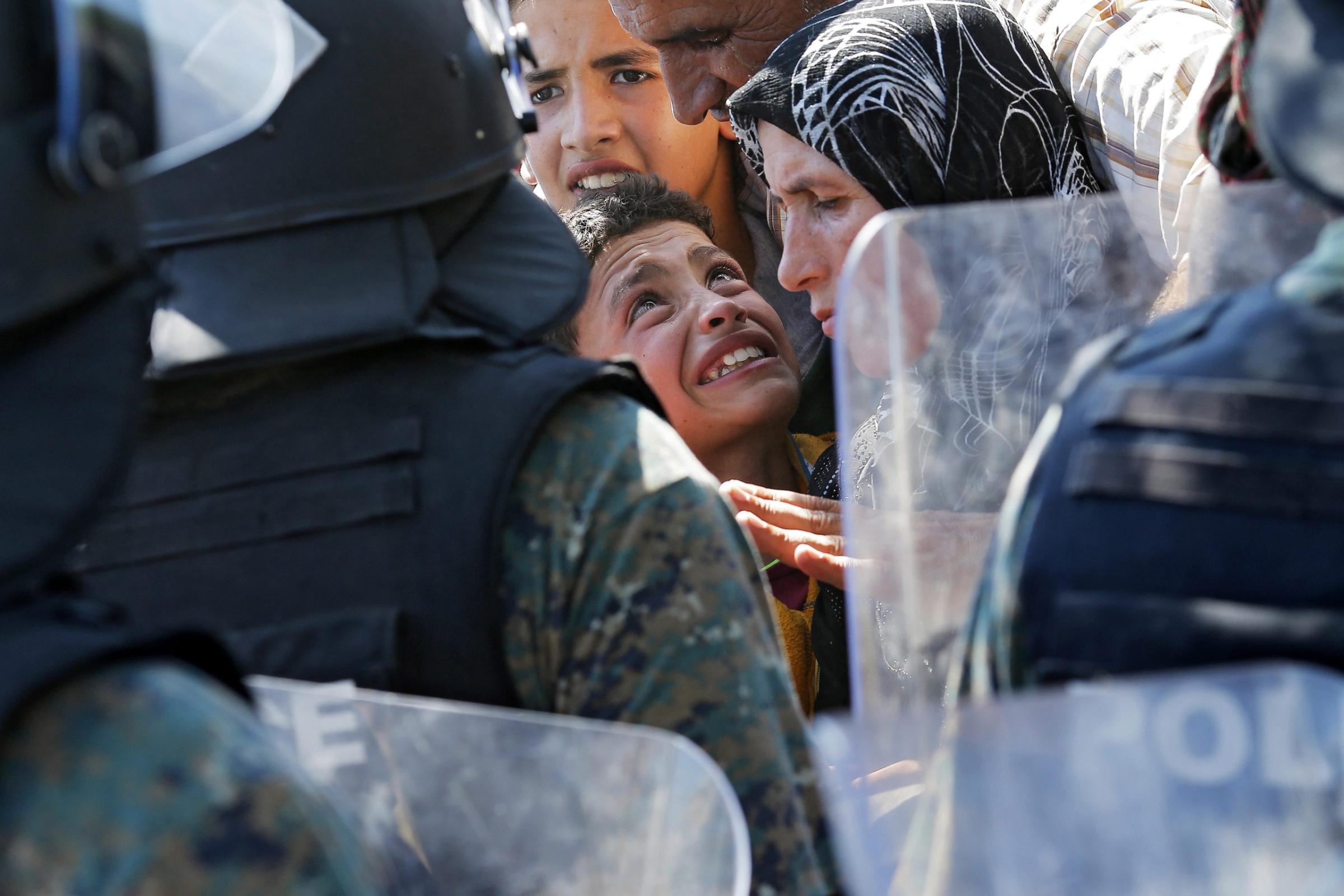
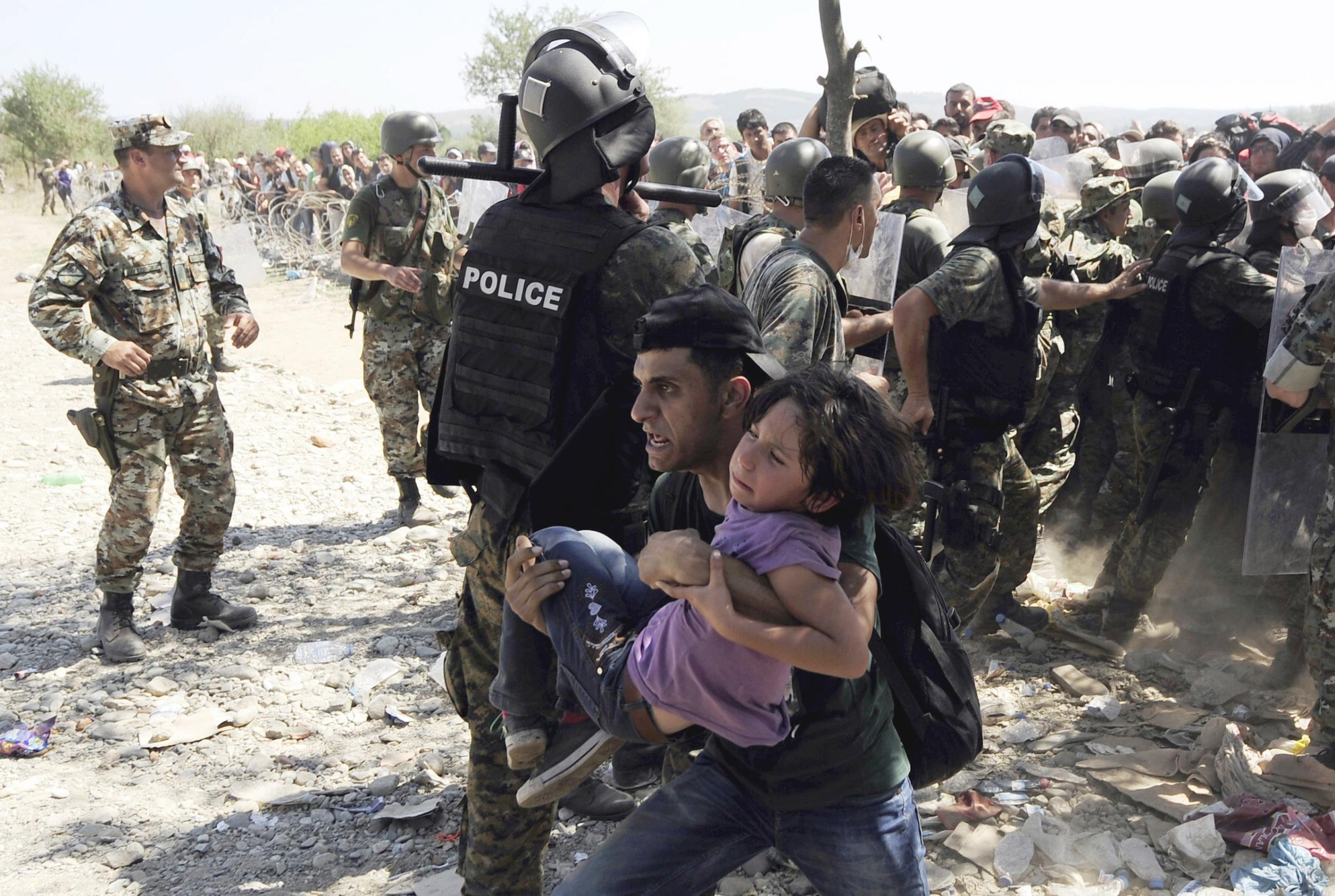
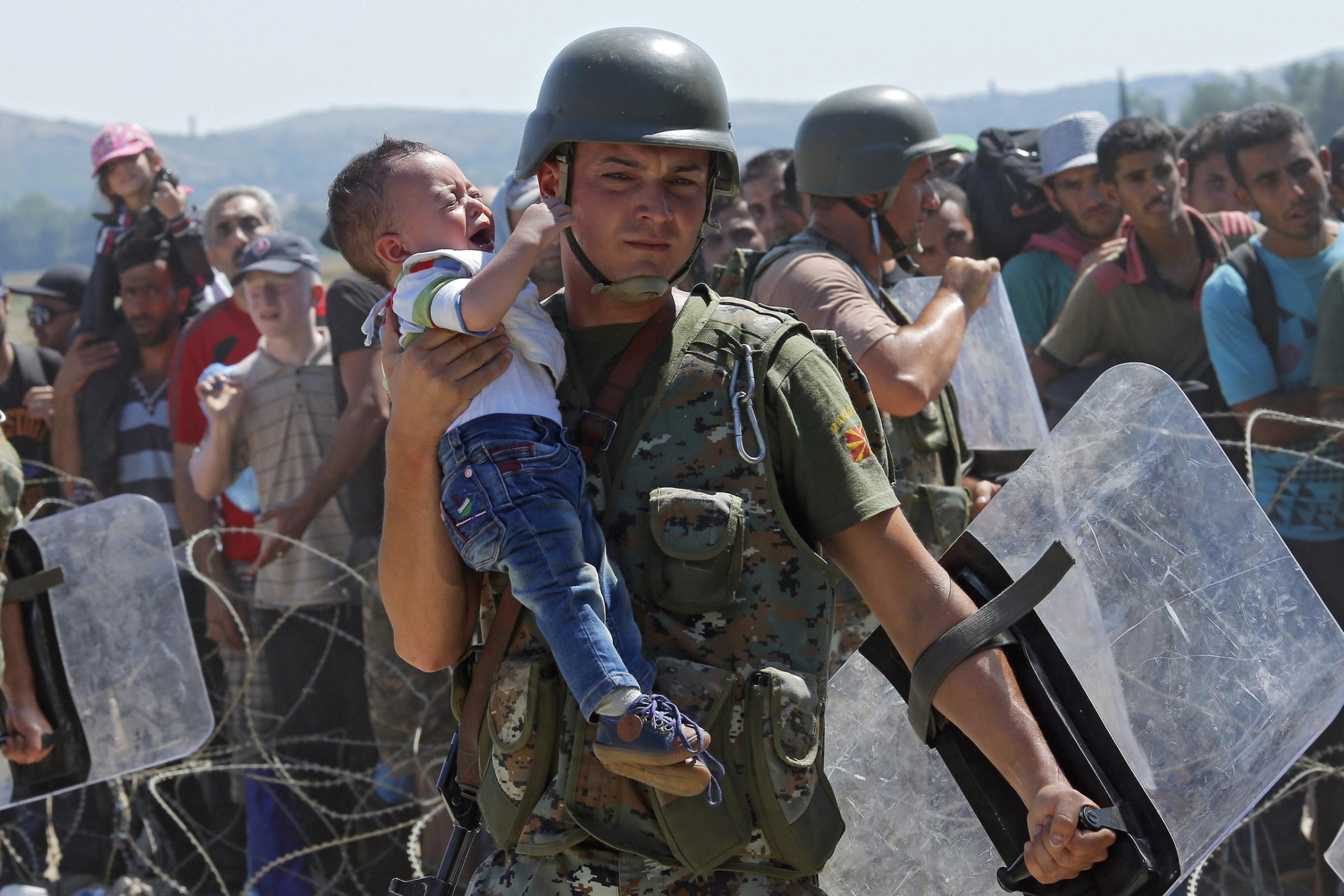
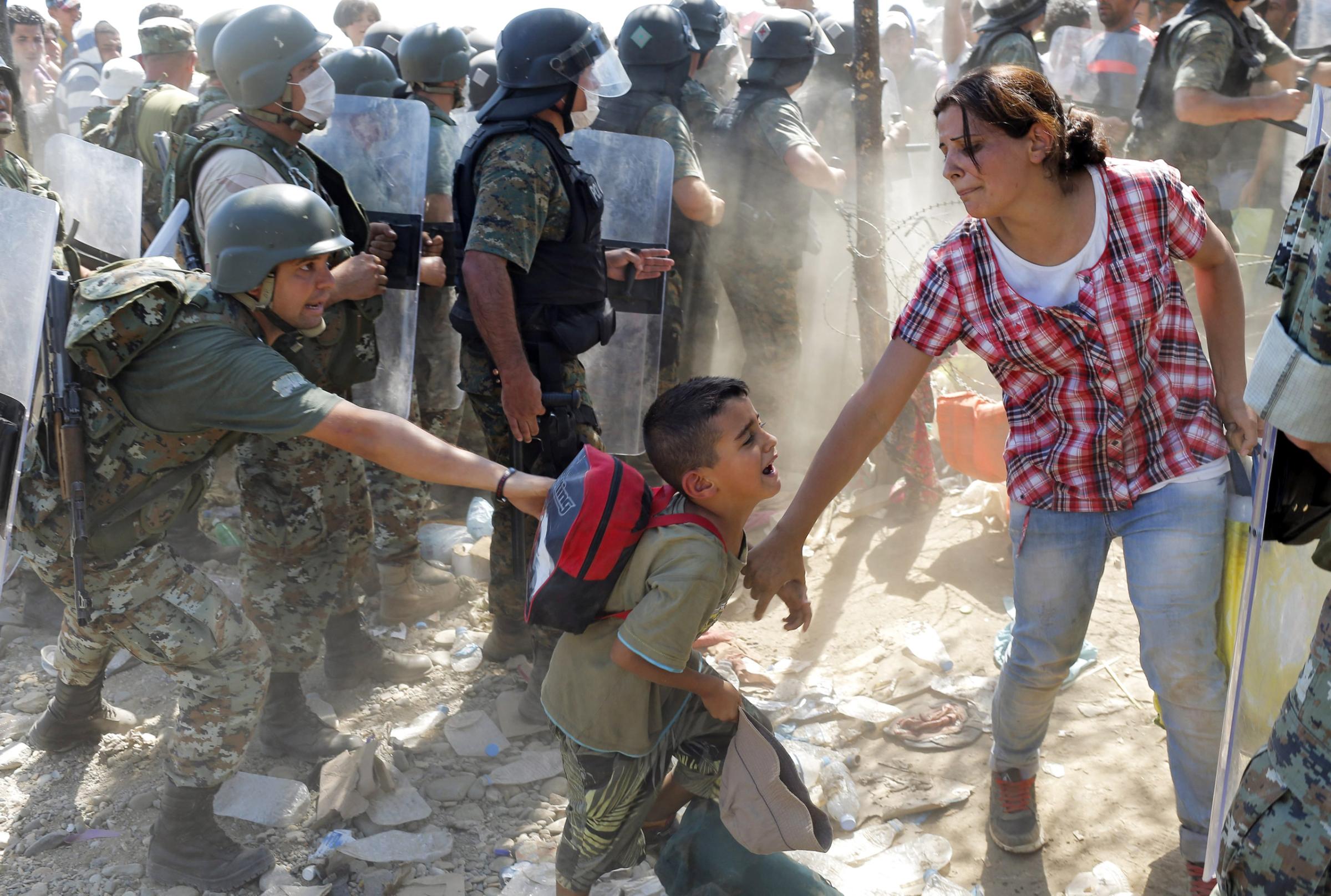
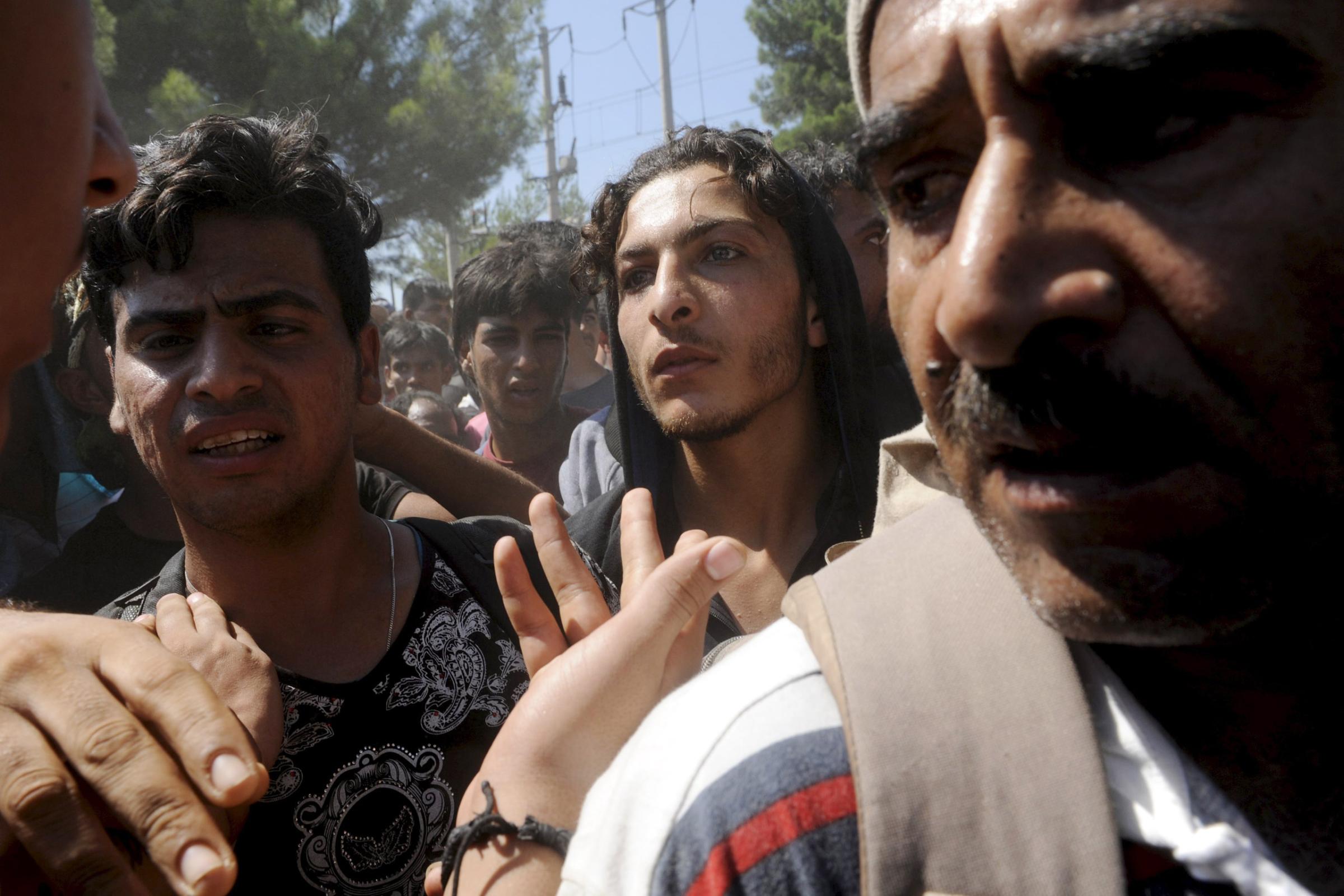
French President François Hollande agreed that “today what exists is no longer enough. We will need to go further.” He supported Merkel’s proposal of a “permanent and obligatory mechanism” to fairly allocate asylum-seekers across the E.U.
But Europe remains far off reaching a concerted policy. “This is not a European problem, it’s a German problem,” said Hungary’s nationalist prime minister Victor Orban. “All of them would like to go to Germany.”
MORE: Hungary’s border fence isn’t stopping desperate Syrian migrants
Scuffles broke out Thursday near Budapest after hundreds of migrants crammed onto a train they believed was headed to Austria. Instead, the train stopped at Bicske – 25 miles west of Budapest – where police attempted to usher migrants to the major refugee camp there. In Budapest a tense standoff continues for another day, with some 2,000 migrants stranded in the capital.
In a series of inflammatory comments outside the European Union headquarters in Brussels on Thursday, Orban said quotas were not the answer, arguing that they act as an invitation. “The moral human thing is to make clear, please don’t come.”
He added that the influx of Muslim migrants posed a threat to Europe’s Christian identity. “Is it not worrying in itself that European Christianity is now barely able to keep Europe Christian?” he said. “There is no alternative, and we have no option but to defend our borders.” Hungary has recently erected a razor-wire fence along its border with Serbia to prevent refugees from crossing into the E.U.; Orban also wants to make it a criminal offense to cross the border illegally, punishable by up to three years in prison.
Europe’s foreign ministers are set to meet in Luxembourg on Friday to try and move towards a common position. “A deeper split of the union is a risk we cannot exclude,” said European Parliament speaker Martin Schulz on Thursday. At the moment, that split seems almost inevitable.
See Migrants Make Their Way From Serbia to Hungary
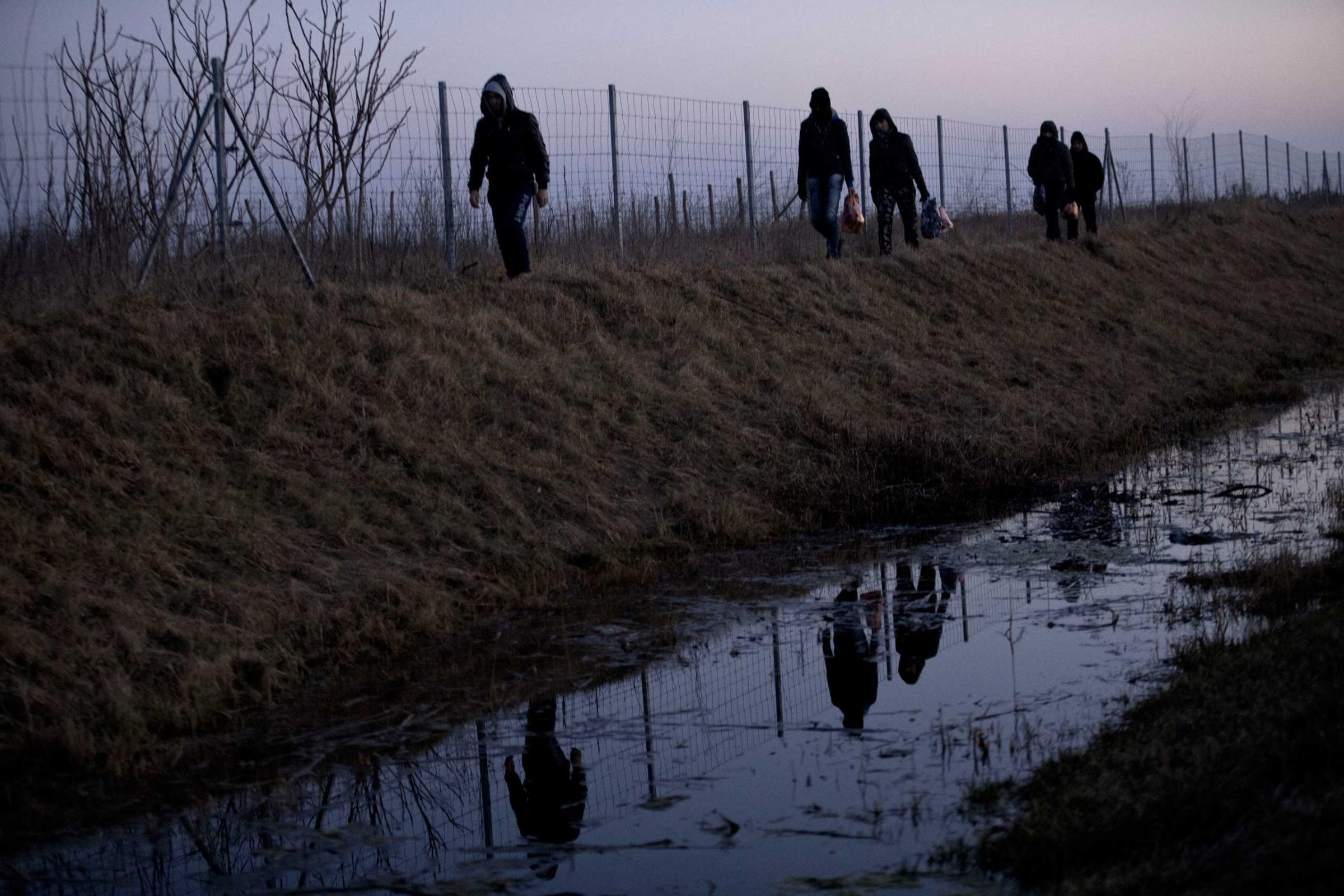
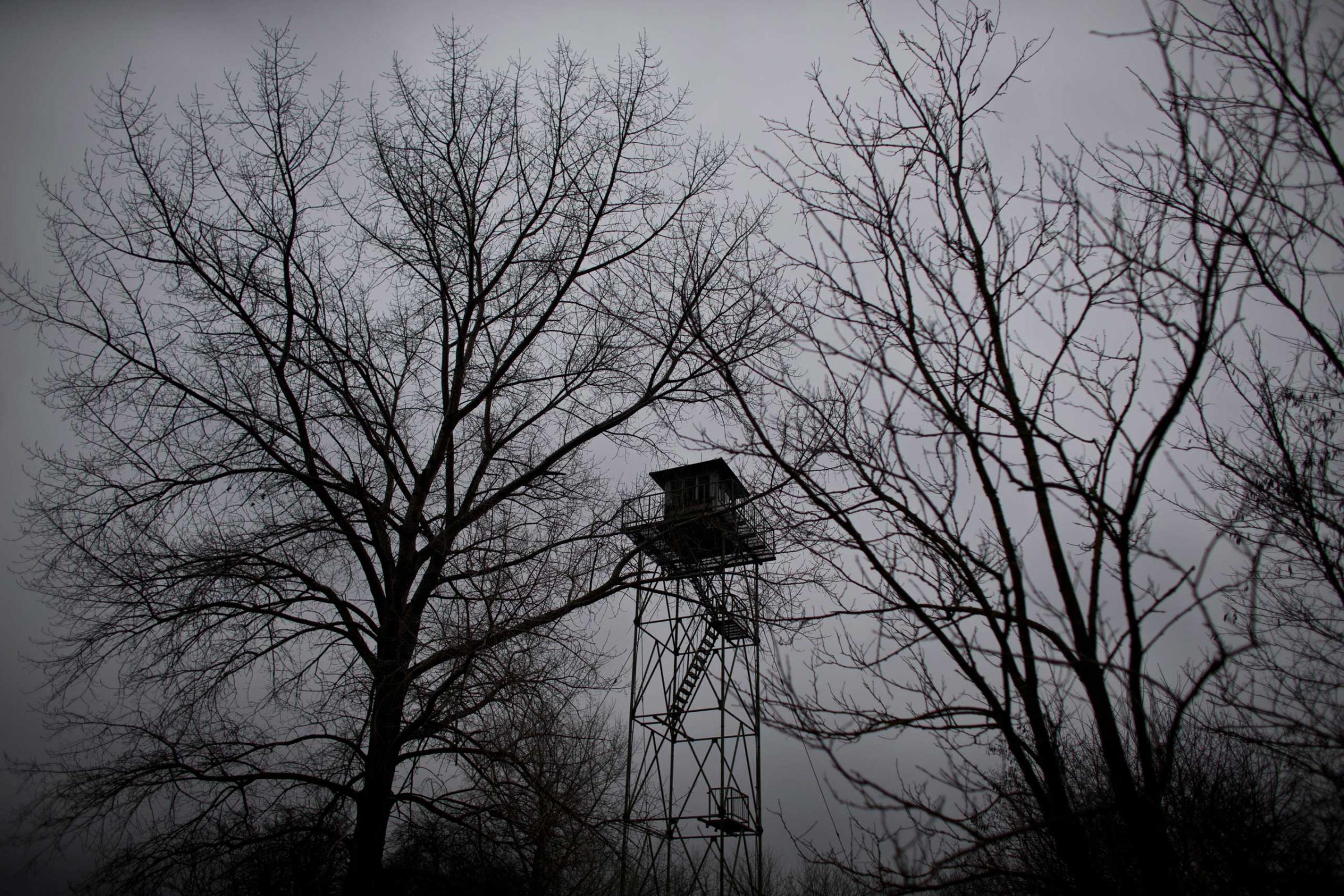
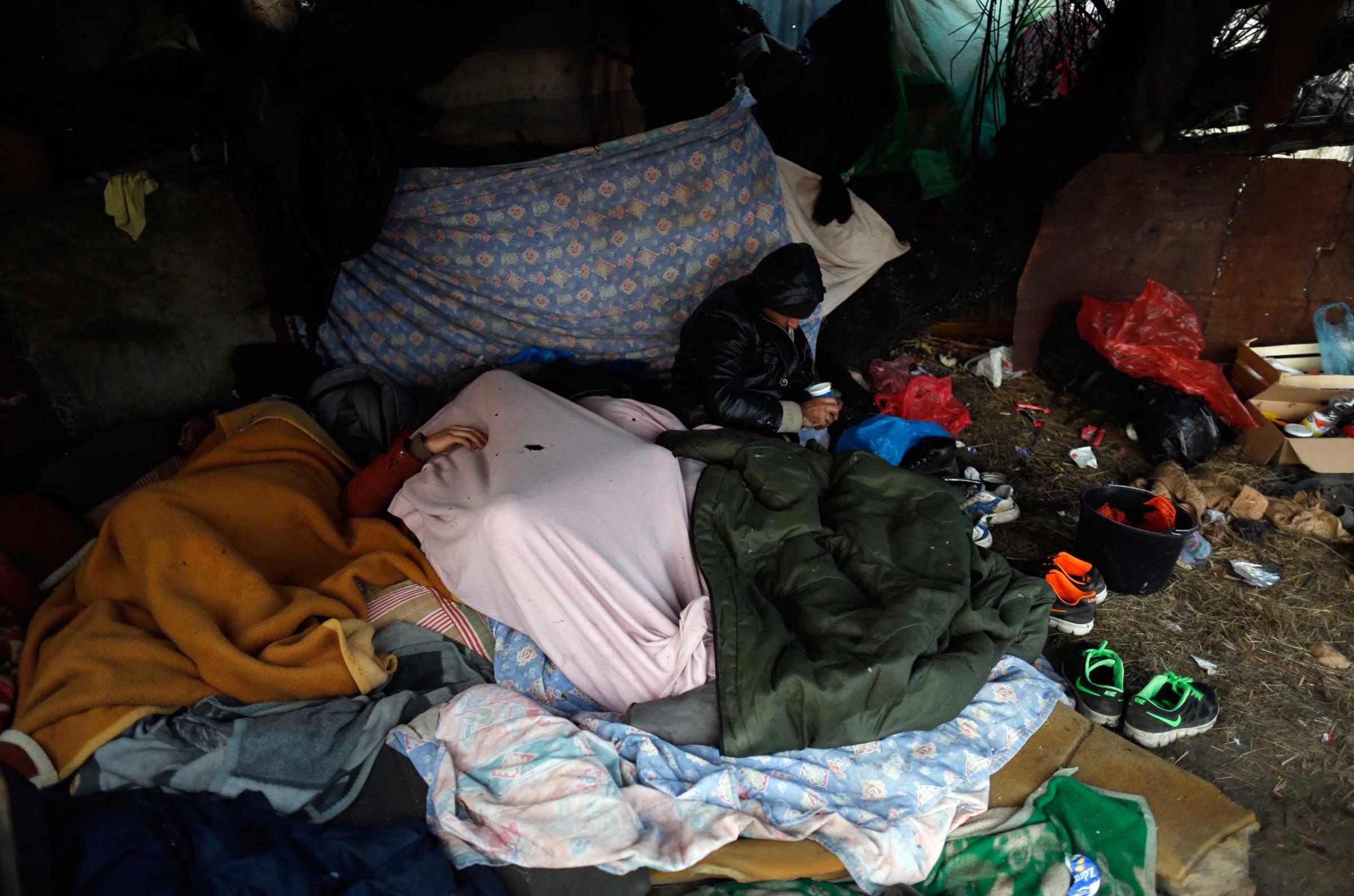
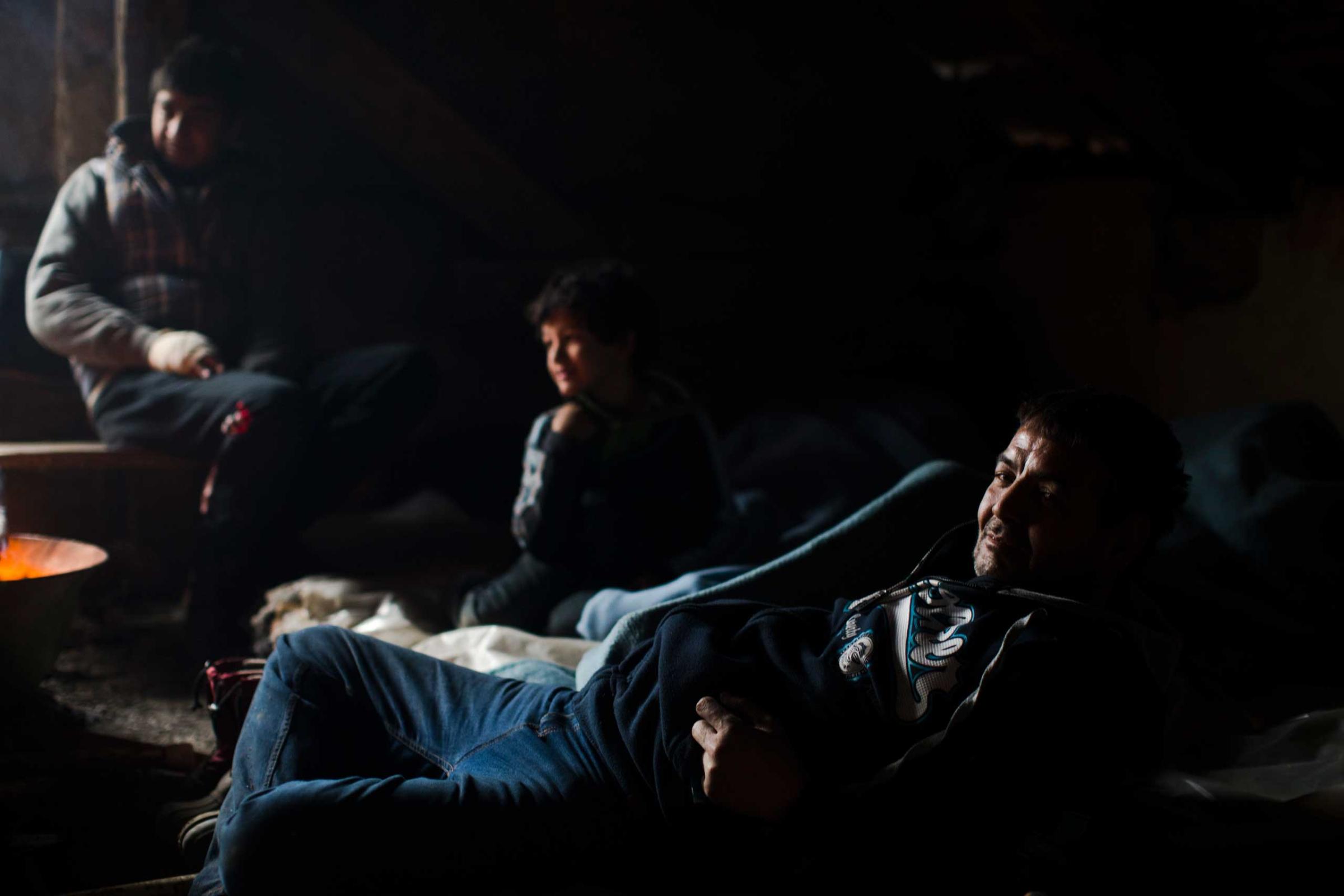
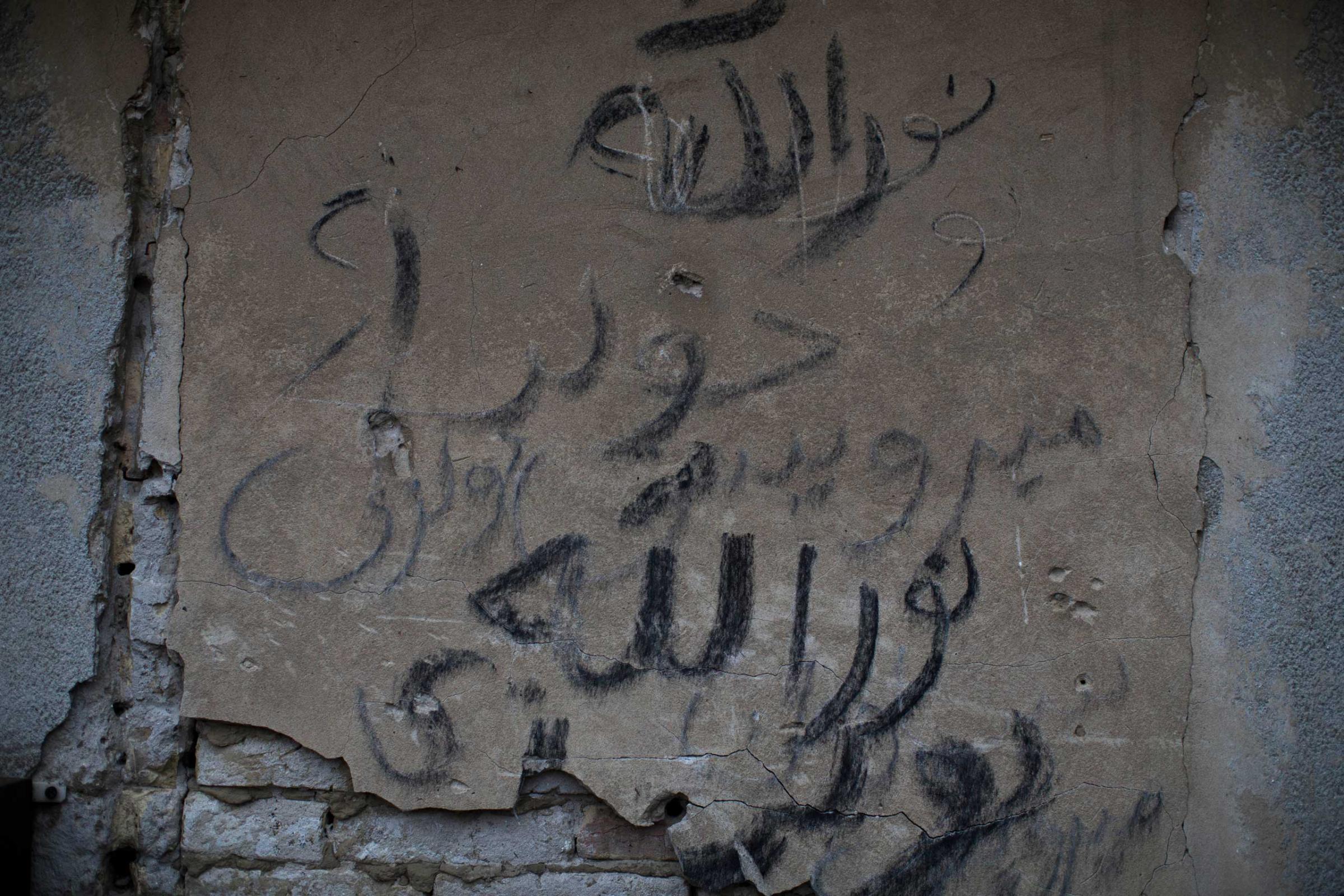
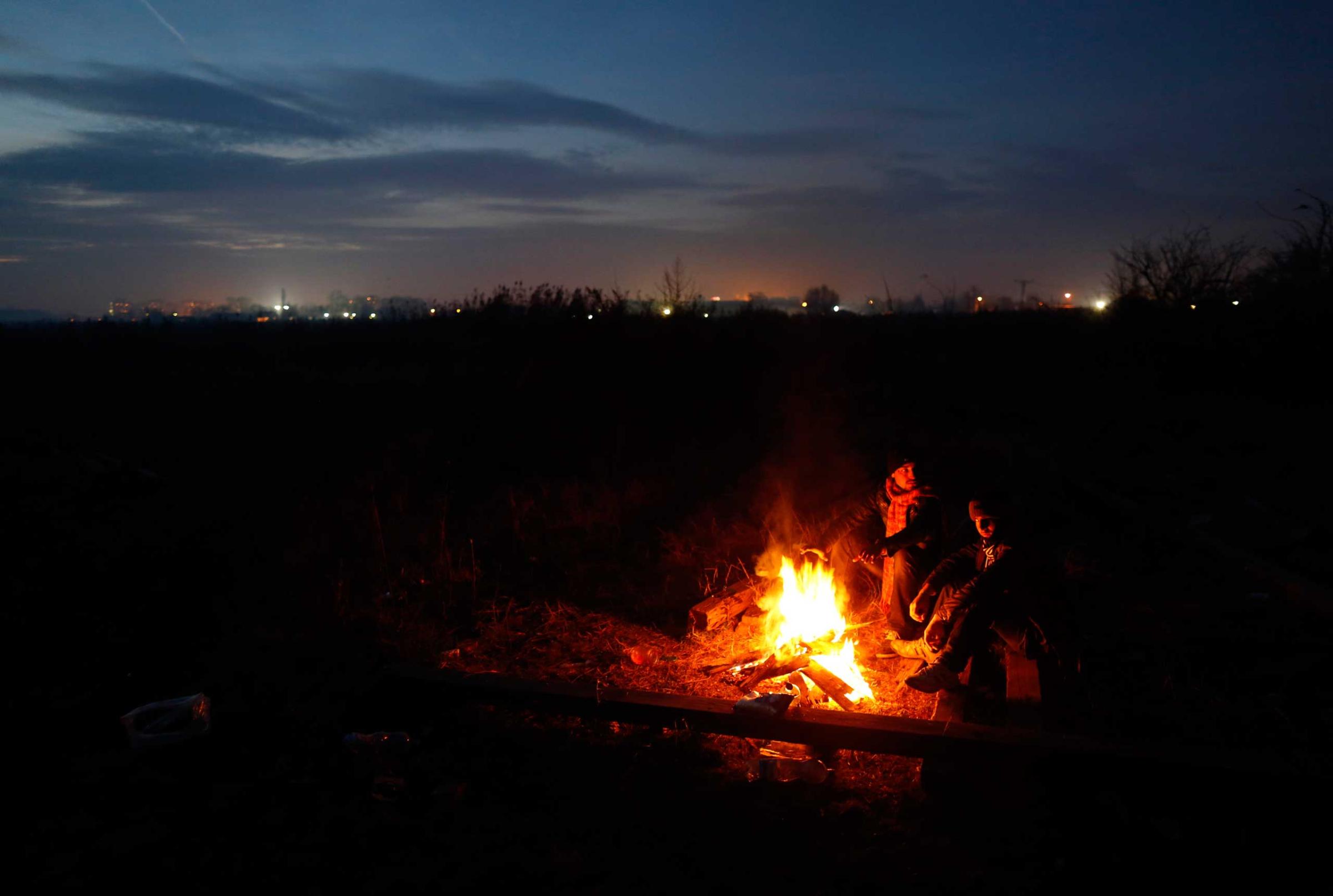
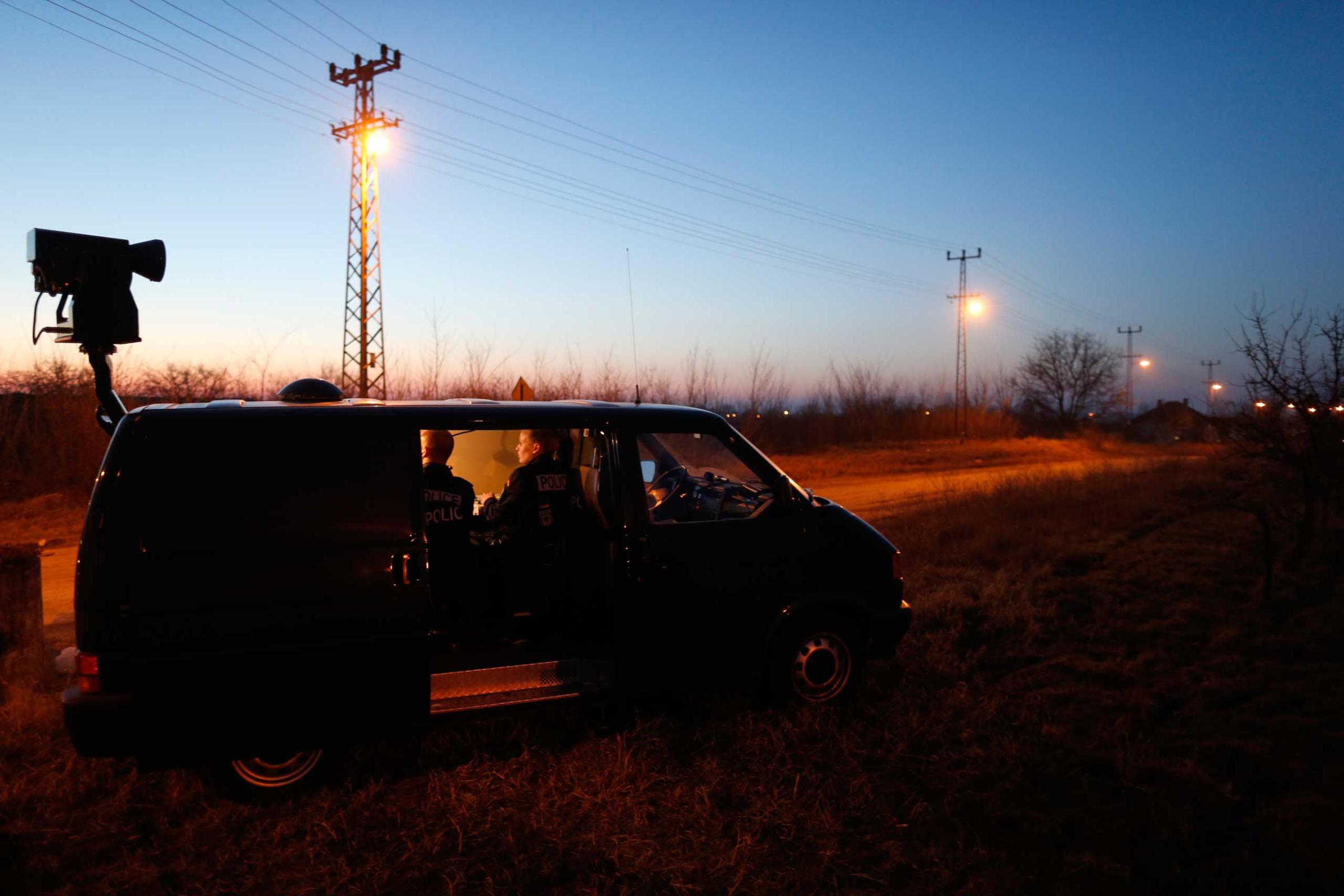
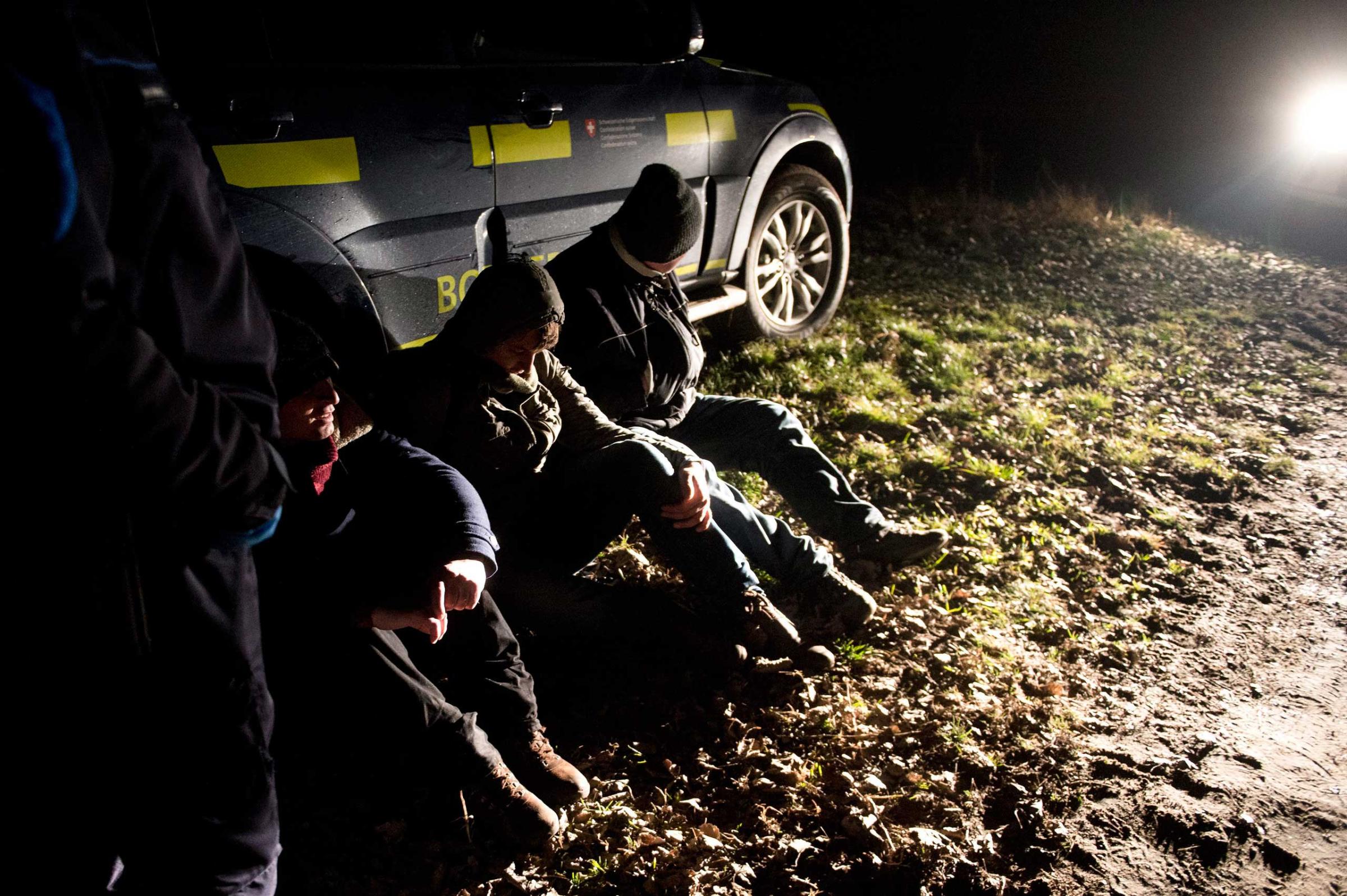

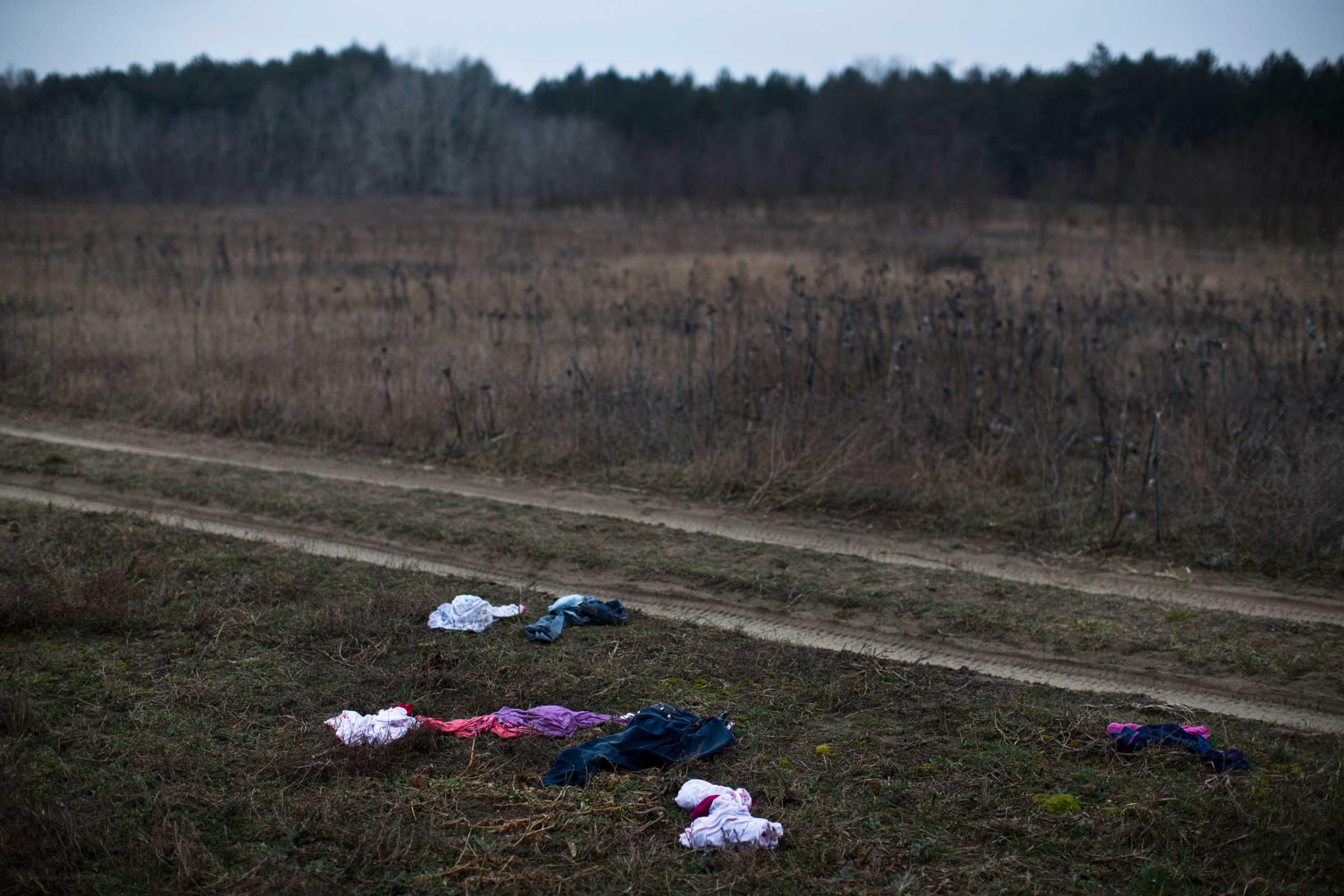
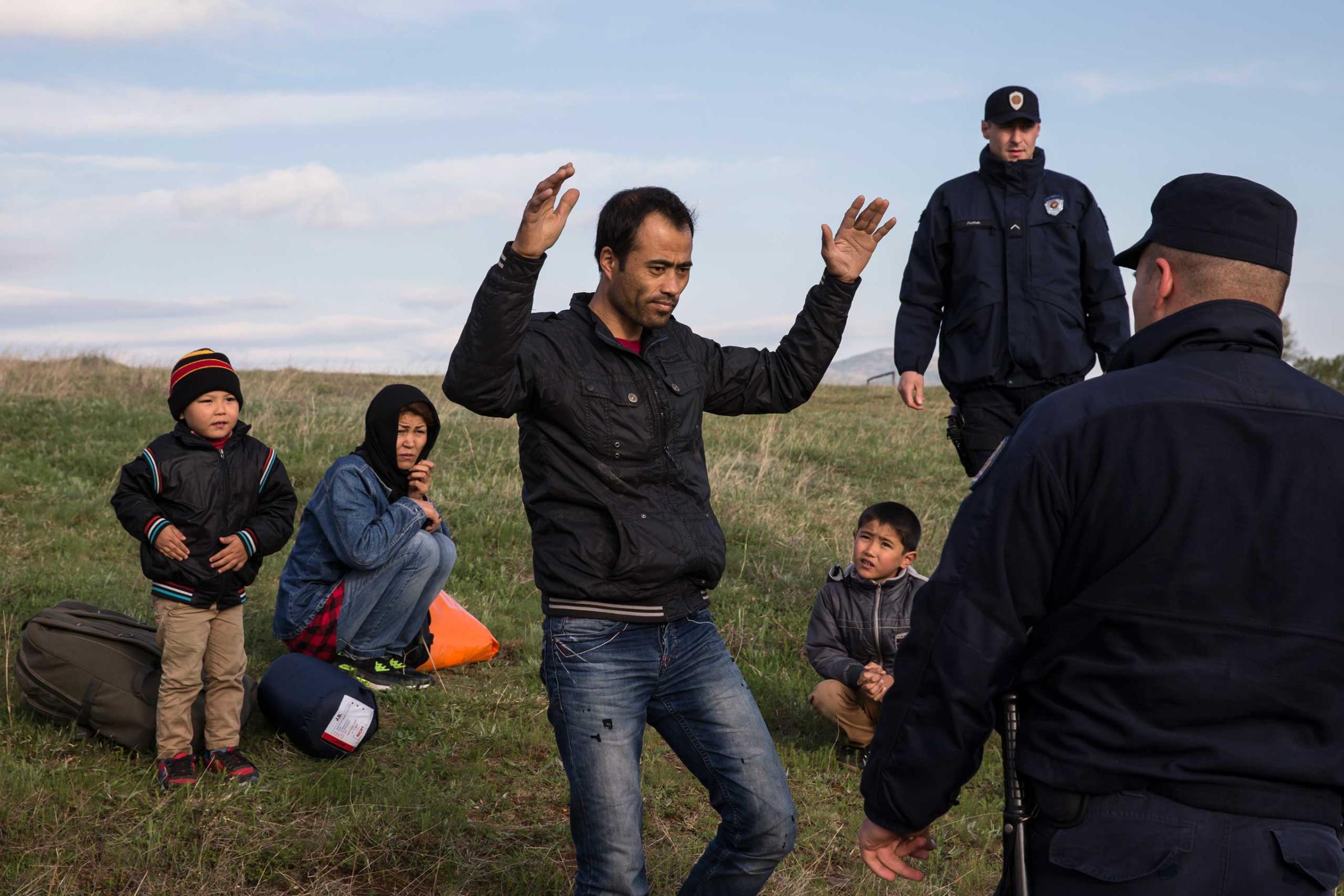
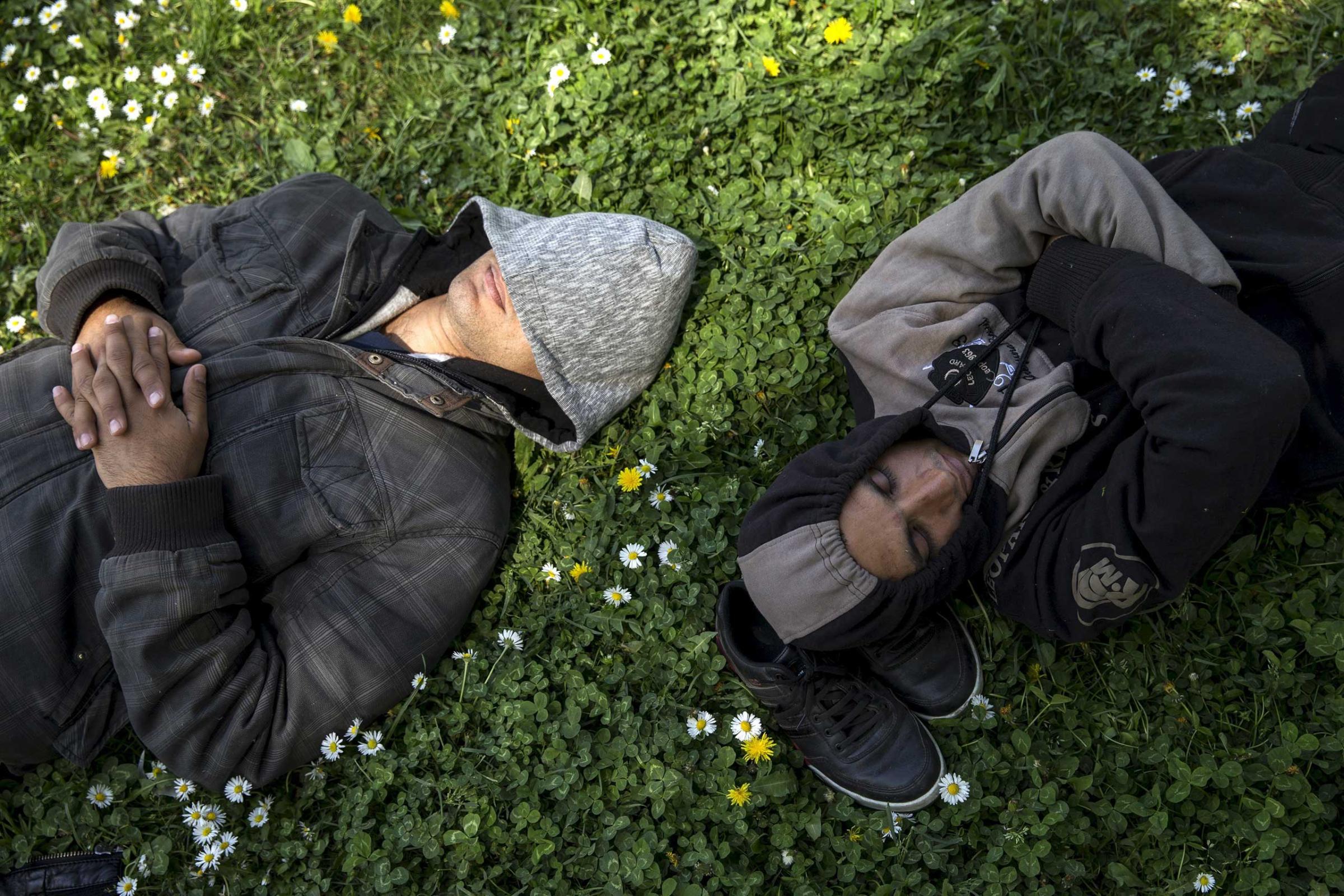
Read next: Stranded migrants turn Budapest into choke point of refugee crisis
More Must-Reads from TIME
- How Donald Trump Won
- The Best Inventions of 2024
- Why Sleep Is the Key to Living Longer
- Robert Zemeckis Just Wants to Move You
- How to Break 8 Toxic Communication Habits
- Nicola Coughlan Bet on Herself—And Won
- Why Vinegar Is So Good for You
- Meet TIME's Newest Class of Next Generation Leaders
Write to Naina Bajekal at naina.bajekal@time.com